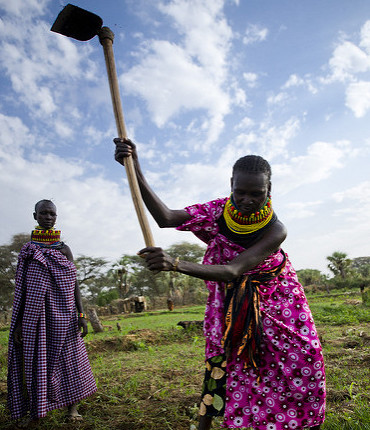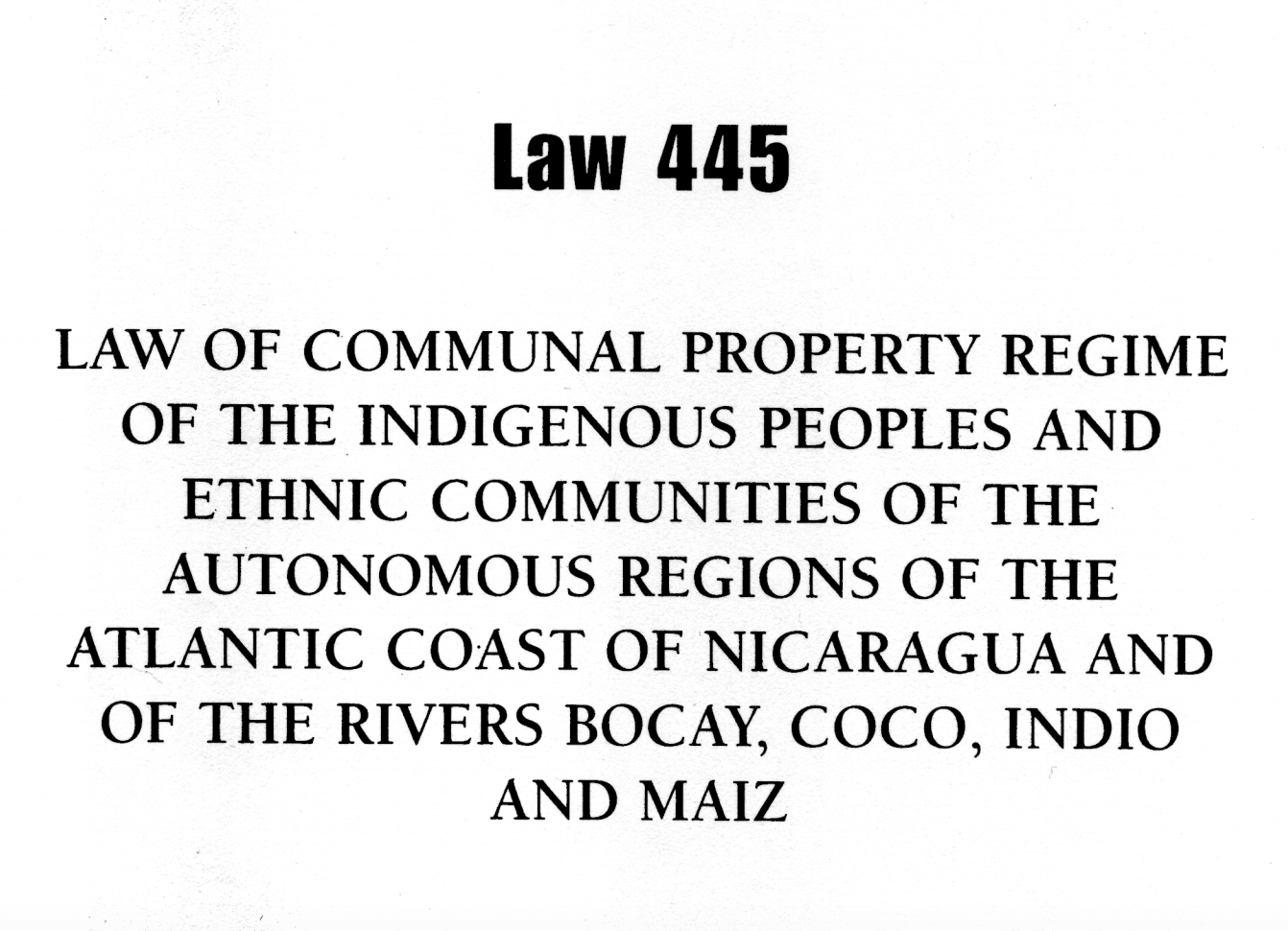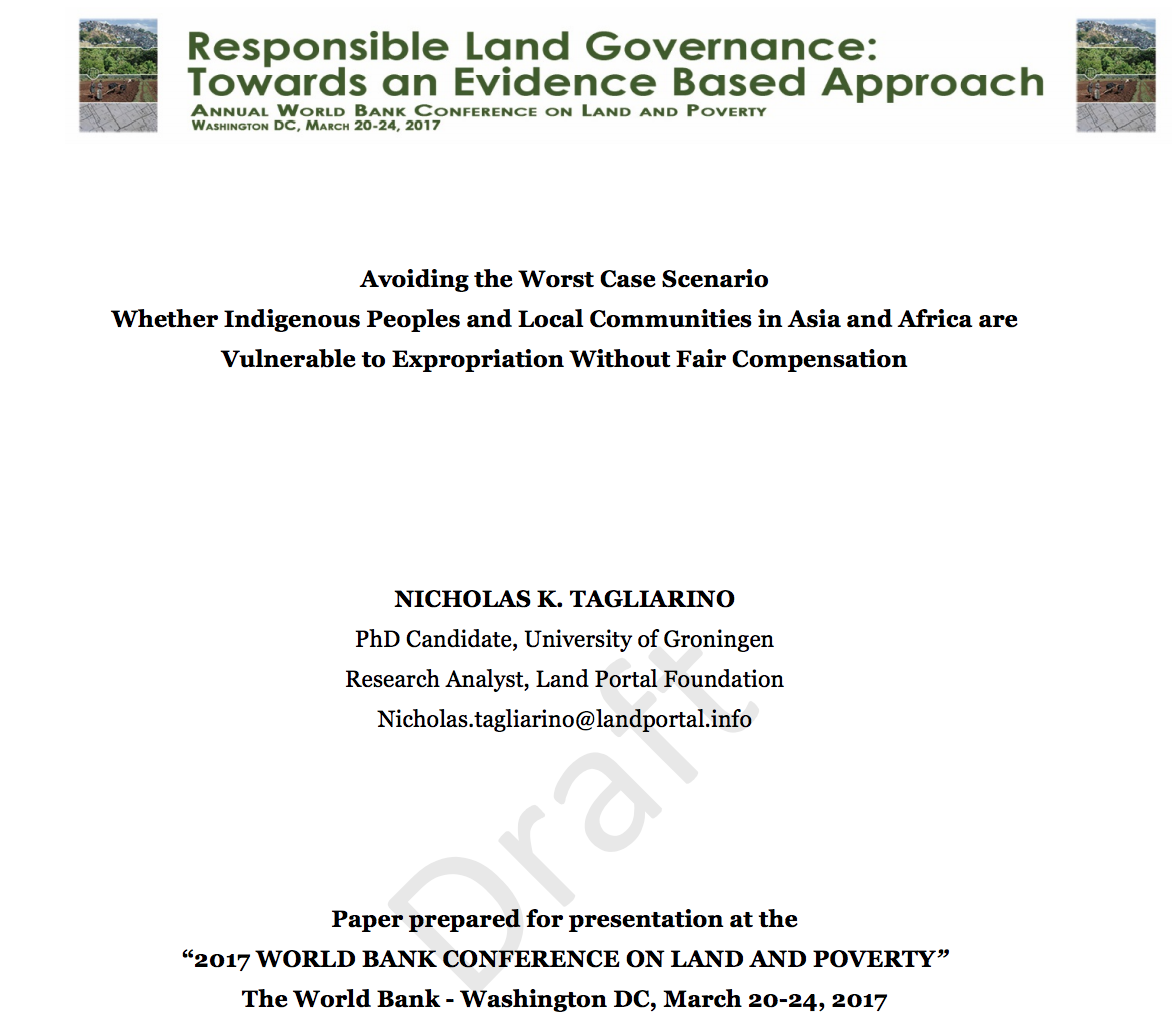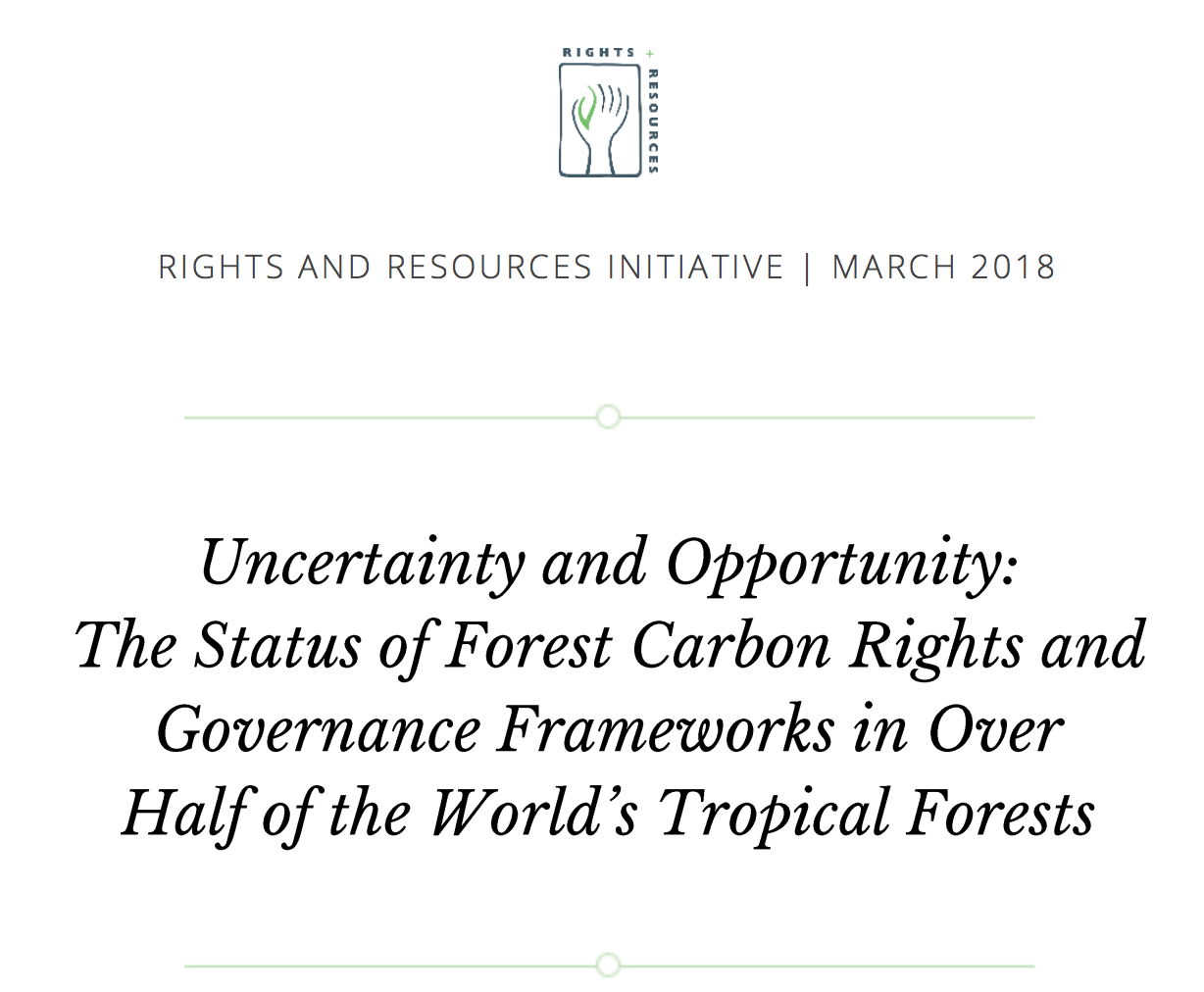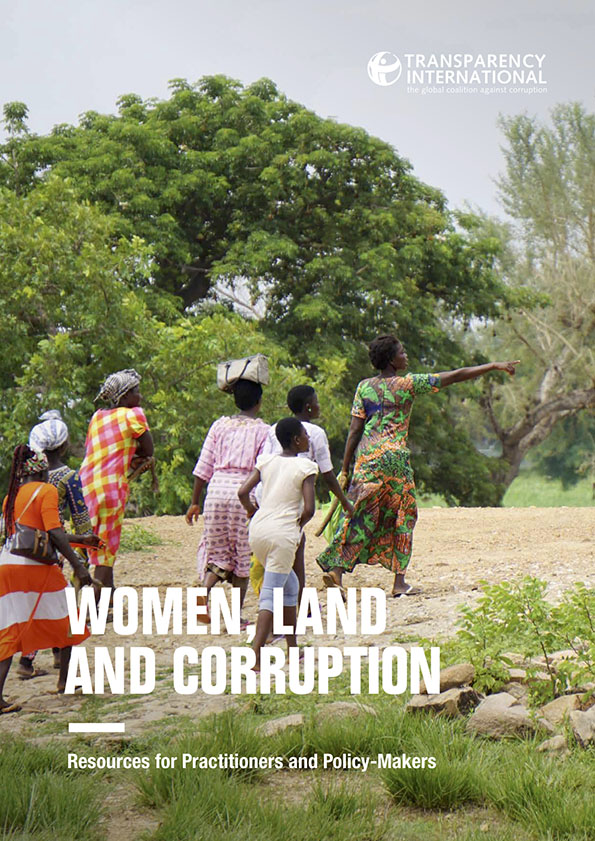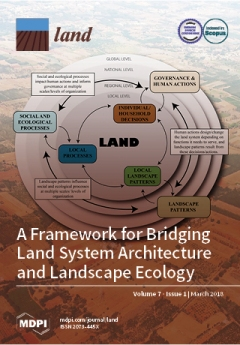The role of land tenure and governance in reproducing and transforming spatial inequality
Various multilateral organisations, for instance the World Bank, the Food and Agricultural Organisation have been at the forefront of the different programmes designed to enhance tenure security of landholders as the basis for long-term agricultural development. This has been the case especially in parts of the world where customary systems of tenure are predominant. Wily argues that ‘so little of sub-Saharan Africa is subject to formal entitlements as legally recognised private properties’.



